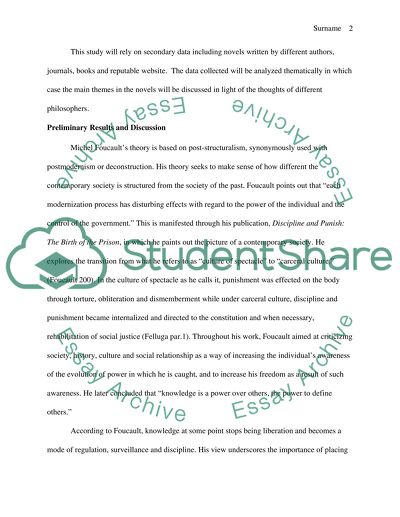Cite this document
(“A Thematic Analysis of the Works of Yvonne Vera, Tsitsi Dangarembga, Dissertation”, n.d.)
Retrieved from https://studentshare.org/literature/1455925-the-works-of-yvonne-vera-tsitsi-dangarembga-ama
Retrieved from https://studentshare.org/literature/1455925-the-works-of-yvonne-vera-tsitsi-dangarembga-ama
(A Thematic Analysis of the Works of Yvonne Vera, Tsitsi Dangarembga, Dissertation)
https://studentshare.org/literature/1455925-the-works-of-yvonne-vera-tsitsi-dangarembga-ama.
https://studentshare.org/literature/1455925-the-works-of-yvonne-vera-tsitsi-dangarembga-ama.
“A Thematic Analysis of the Works of Yvonne Vera, Tsitsi Dangarembga, Dissertation”, n.d. https://studentshare.org/literature/1455925-the-works-of-yvonne-vera-tsitsi-dangarembga-ama.


